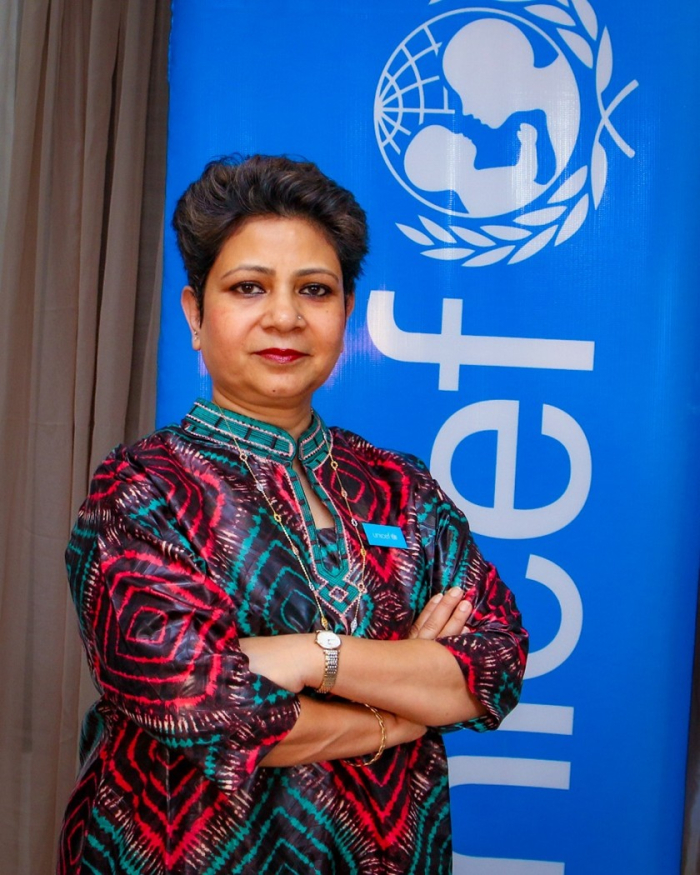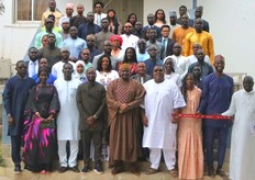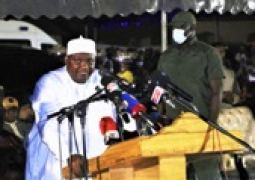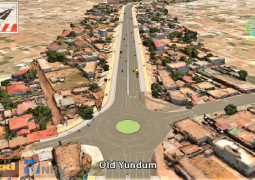
Ms. Nafisa Binte Shafique, Country Representative UNICEF Gambia has pointed out that girls are not only enduring crises; as they are leading solutions, as UNICEF Gambia observes International Day of the Girls 2025.
In her statement, Ms. Shafique noted that girls are now fighting against obstacles that stand as hurdles against their progress. The statement reads below:
“Today, we stand with girls in The Gambia and across the globe under this year’s theme: ‘The girl I am, the change I lead: girls on the frontlines of crisis.’ This is not a slogan. It is a reality!
“Girls are not only enduring crises; they are leading solutions. And progress is real! In The Gambia, girls now outnumber boys in education, reversing historic gaps, and they are performing higher than boys. More than 60% of the Children’s National Assembly members are girls. These young leaders are shaping decisions that affect their lives and futures, proving every day that girls belong at the heart of leadership.
“But girls have also been clear about the barriers— and what must change. “In recent consultations, adolescent girls highlighted the realities they face: child marriage, sometimes as early as fourteen; harmful practices like Female Genital Mutilation (FGM), even in infancy; teenage pregnancy, drug use, child labour, and different forms of gender-based violence remain prevalent in the country. They described walking long distances to school and spoke of the absence of science laboratories that could make their dreams possible to become doctors, engineers, and innovators. They spoke of health facilities without staff or medicines in times of emergency. And they raised their voices on the climate crises, which is already reshaping their lives and futures.
“But girls are not standing still and waiting for others to rescue them. They are organizing:
- to end child marriage and FGM;
- to keep children in school;
- to demand skills centres and stronger health services;
- to plant trees and build climate-resilient communities.
- Most importantly, they are demanding a seat at every table — from households to councils — so adolescent girls are consulted on decisions that shape their lives.
“This leadership is on full display. Since Friday, 10 October 2025, hundreds of adolescent girls from across West and Central Africa, including Gambian girls, convene in Dakar. They are having an intergenerational dialogue and pressing for climate justice, protection from violence, and a future where every girl can thrive.
“When these priorities return home, we must be ready to act. So today, let us do more than celebrate. Let us deliver. Let us support girl-led spaces. Let us invest in health, education, safety, mental well-being, and support for adolescent mothers. And let us permanently institutionalize children’s participation in local governance.
“Girls are not waiting to be saved. They are leading. Our job—as government, partners, civil society organizations, teachers, traditional and religious leaders, communities, parents and boys — is to stand with them so every girl in The Gambia can shape the change she seeks. UNICEF recommits itself to this cause and will continue to work with the government and all partners to champion girls’ rights.”
Read Other Articles In Headlines




